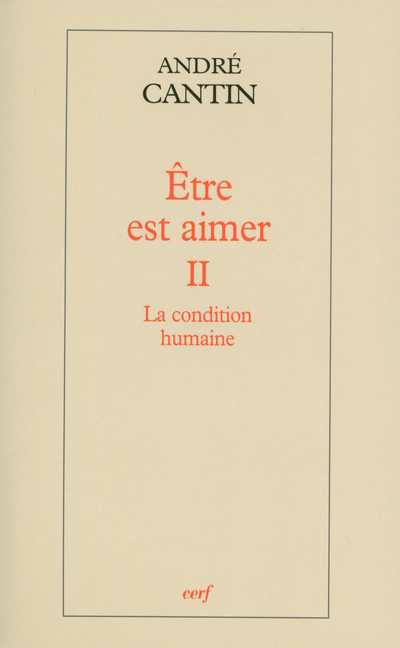La diversité des sciences humaines ne met pas suffisamment en lumière ce qui est propre aux hommes et fait leur unité. Il importe que soit approfondi dans une même science : la science de l'homme, ce que les humains ont en commun d'essentiel. La philosophie semble faite pour en établir les fondements. En toute science, il s'agit non seulement de constater, mais aussi de comprendre. L'homme peut-il être intelligible à lui-même ? Si, à son origine, il n'est pas voulu, il est perdu ; sa vie n'a ni signification ni chance d'accomplissement heureux. Mais s'il est créé parce que désiré par l'Amour de Dieu, infini et tout-puissant, manifesté dans le Christ, alors il peut se comprendre lui-même et fonder l'espérance qui le fait agir. -- The human sciences in their diversity do not adequately reveal what is specific about human beings and what establishes their unity. It is vital to investigate this point in one unified science: the science of man, what humans essentially have in common. Philosophy seems to have been invented to establish the foundations. But in every science, it isn't just a question of observing, but also understanding. Can man be comprehensible to himself? If he was not desired to begin with, man is lost; his life has no meaning and there no chance of a happy accomplishment. But if man was created because the Love of God - infinite and all-powerful, manifest in Christ - wished it, he can understand himself and find a basis for the hopes that make him act.




